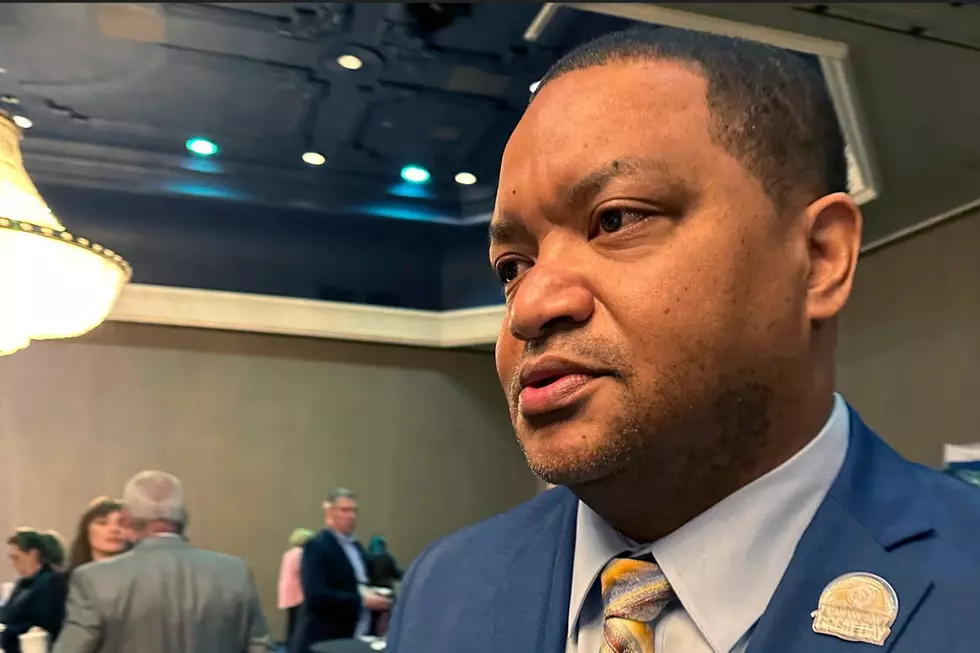
UN envoy: Ebola cases doubling every 3-4 weeks
UNITED NATIONS (AP) -- The number of Ebola cases is probably doubling every three-to-four weeks and without a mass global mobilization "the world will have to live with the Ebola virus forever," the U.N. special envoy on the disease said Friday.
David Nabarro told the U.N. General Assembly that the response needs to be 20 times greater.
U.N. Deputy Secretary-General Jan Eliasson said catching up with "the menacing exponential curve of the virus" demands a massive scale-up of financial resources, medical staff and equipment. He lamented that only one-quarter of the $1 billion that U.N. agencies have appealed for to tackle Ebola has been funded.
"I now appeal to all member states to act generously and swiftly," Eliasson told diplomats from most of the 193 U.N. member states. "Speed is of the essence. A contribution within days is more important than a larger contribution within weeks."
Nabarro said that without the mass mobilization of nations, donor organization and non-governmental group to support the affected countries in West Africa, "it will be impossible to get this disease quickly under control, and the world will have to live with the Ebola virus forever."
He said that in his 35 years as a public health doctor dealing with disease outbreaks and pandemics, he has never encountered a challenge like Ebola because the outbreak has moved from rural areas into towns and cities and is now "affecting a whole region and ... impacting on the whole world."
He said the United Nations, which is coordinating the global response, knows what needs to be done to catch up to and overtake Ebola's rapid advance, "and together we're going to do it."
"And our commitment to all of you is to achieve it within a matter of months - a few months," Nabarro said.
The World Health Organization said Friday that 4,033 deaths confirmed, probably or suspected to have been caused by Ebola have now been recorded. All but nine of them were in the three worst-affected countries, Liberia, Sierra Leone and Guinea. Eight of the rest were in Nigeria, with one patient dying in the United States.
As of Wednesday, a total of 8,399 confirmed, probable and suspected cases of Ebola had been reported from seven countries, WHO said. The three worst-affected countries - Liberia, Sierra Leone and Guinea - accounted for 8,376 cases. Anthony Banbury, who heads the new United Nations Mission for Ebola Emergency Response, warned that a failure to help those three "while we have the chance could lead to unpredictable but very dire consequences for the people of the countries and well beyond."
"As long as there is one case of Ebola in any one of these countries, no country is safe from the dangers posed by this deadly virus," he said.
Both Nabarro and Banbury cited the importance of traditional burial practices in the West African countries, noting that this is a time when the bodies of Ebola victims are most toxic and any touching can transmit the disease.
"To defeat the virus we will have to change behavior," Banbury said.
The challenge is "immense," he said. "We are late, but it is not too late to fight and win this battle."
More From New Jersey 101.5 FM









